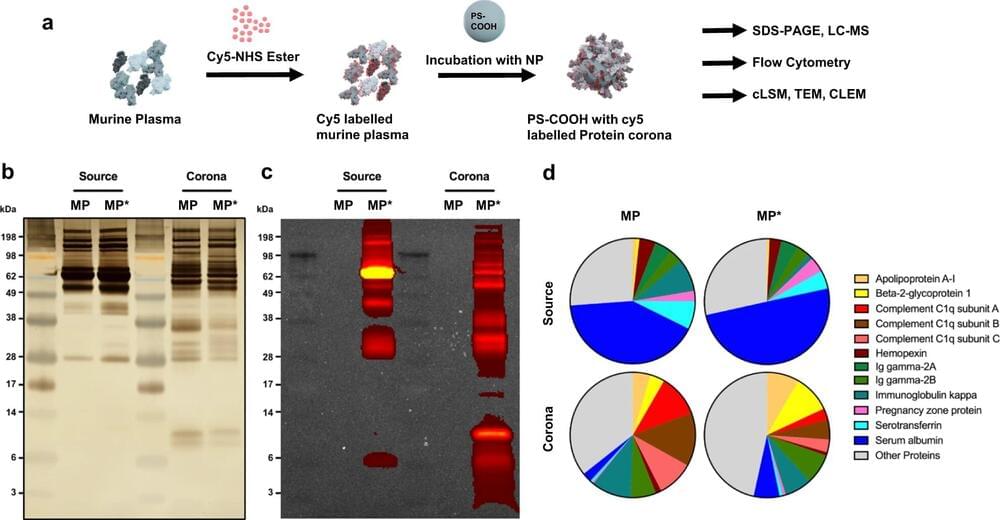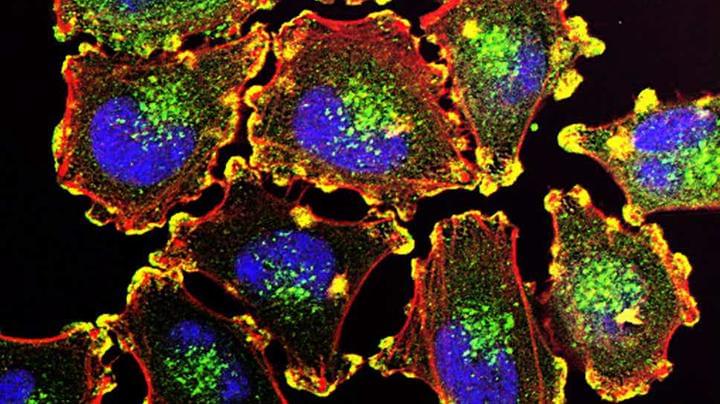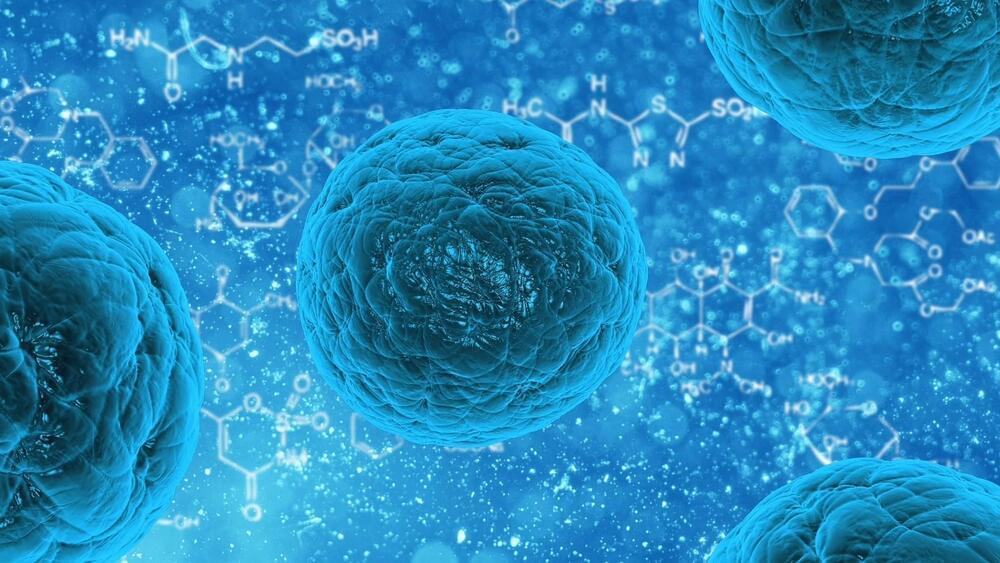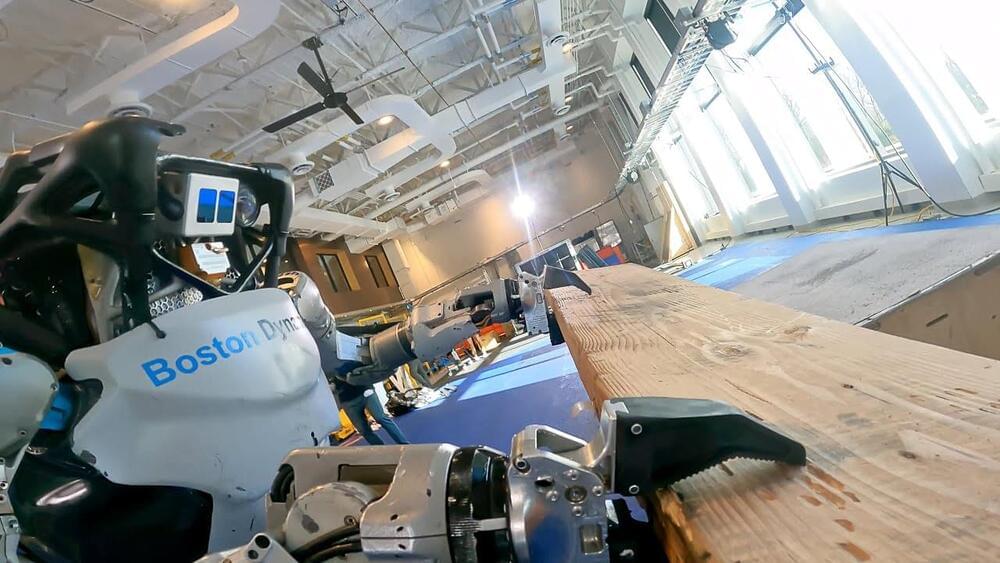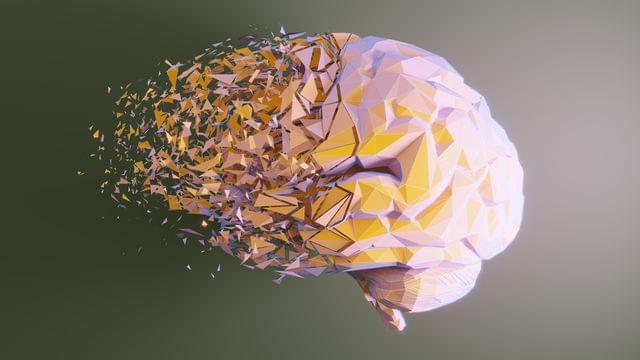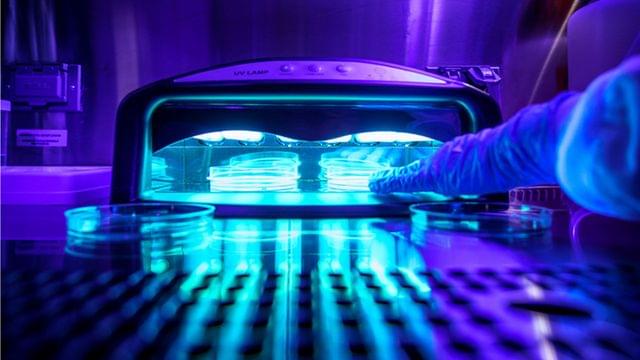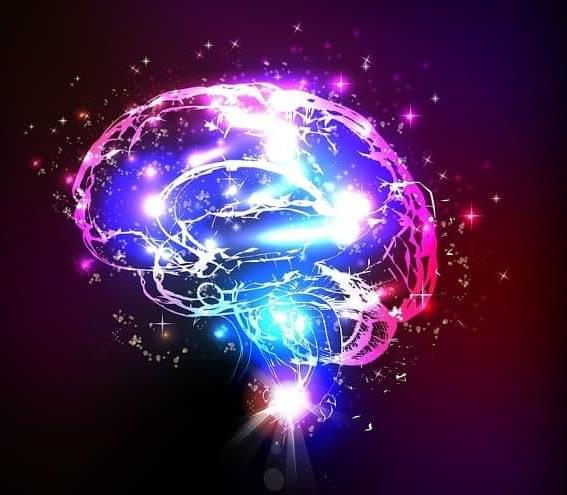Jan 21, 2023
In the core of the cell: New insights into the utilization of nanotechnology-based drugs
Posted by Saúl Morales Rodriguéz in categories: biotech/medical, chemistry, nanotechnology
Novel drugs, such as vaccines against COVID-19, among others, are based on drug transport using nanoparticles. Whether this drug transport is negatively influenced by an accumulation of blood proteins on the nanoparticle’s surface was not clarified for a long time.
Scientists at the Max Planck Institute for Polymer Research have now followed the path of such a particle into a cell using a combination of several microscopy methods. They were able to observe a cell-internal process that effectively separates blood components and nanoparticles.
Nanoparticles are a current field of research and it is impossible to imagine modern medicine without them. They serve as microscopic drug capsules that are less than a thousandth of a millimeter in diameter. Among other things, they are used in current vaccines against COVID-19 to effectively deliver active ingredients to where they are actually needed. In most cases, the capsules dock onto cells, are enveloped by them, and are absorbed into them. Inside the cell, chemical processes can then open the capsules, releasing the active ingredient.
